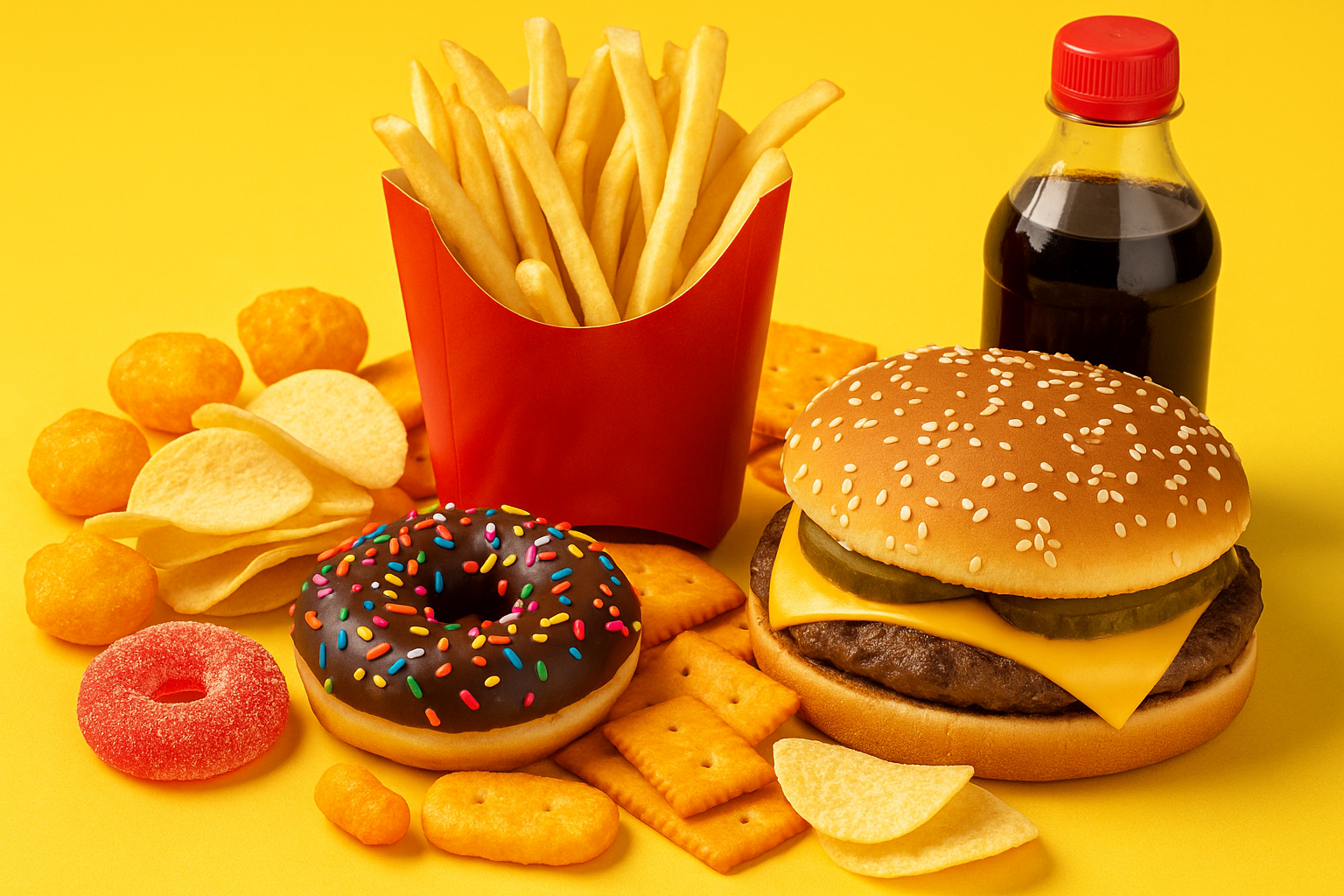In 2025, we’re busier, more distracted, and more disconnected from our bodies than ever. We scroll while we snack. We binge-watch while we binge-eat. And we wonder why our health is spiraling out of control.
But there’s a quiet revolution happening—one bite at a time. It’s called mindful eating, and it’s not a trend. It’s a reset button for your body, brain, and relationship with food.
What Is the Meaning of Mindful?
Before we dive into food, let’s start with the word “mindful.”
Mindful meaning: being consciously present in the moment.
It’s about awareness—of what you’re doing, thinking, or feeling—without judgment.
When you’re mindful, you’re not running on autopilot. You’re awake in your life.
Mindful Eating Definition: More Than Just a Trend
Now, let’s connect that to eating.
Mindful eating definition:
“The practice of bringing full attention and awareness to your food, your body, and the entire eating experience.”
It’s eating with intention—not just out of emotion, boredom, or habit. It’s about:
- Listening to hunger cues
- Slowing down while eating
- Tasting every bite
- Stopping when you’re satisfied—not stuffed
Mindful eating is not a diet. It’s a mindset. And it could be the missing link in your weight loss or wellness journey.
Why You Might Be Eating Mindlessly
Have you ever crushed a whole bag of snacks while watching a show and barely remembered it?
That’s mindless eating—and it’s everywhere:
- 📱 Eating while on screens
- 😩 Emotional eating when stressed
- 🕒 Eating just because it’s “lunchtime”
- 🚶♂️ Eating on the go with zero awareness
This leads to:
- Overeating
- Bloating and poor digestion
- Guilt and regret
- Weight gain
- Low energy and emotional fatigue
Why Mindful Eating Matters in 2025
With rising rates of obesity, anxiety, and chronic illness, our health needs a reboot. Mindful eating could be one of the most underrated wellness tools we have.
7 Transformative Benefits of Mindful Eating
- Natural Portion Control – You stop eating when you’re full—not when the plate’s empty
- Weight Management – Fewer cravings, better food choices
- Improved Digestion – Chewing properly helps reduce bloating
- Less Emotional Eating – You begin to separate stress from hunger
- More Satisfaction – You actually enjoy your food
- Balanced Hormones – Especially insulin and ghrelin (your hunger/satiety hormones)
- Better Relationship with Food – You feel empowered, not guilty
Mindful Eating Meaning in Simple Words
Still wondering, “What is the real mindful eating meaning?”
Here’s the simplest way to understand it:
“It’s about slowing down, tuning in, and letting food nourish your body—rather than distract or numb you.”
6 Powerful Mindful Eating Techniques (That Anyone Can Do)
Want to give it a try? Start with these beginner-friendly practices:
1. The Pause Rule
Before your first bite, pause for 10 seconds. Take a breath. Notice your food. This simple act shifts you out of autopilot.
2. Chew 20–30 Times per Bite
Chewing helps with digestion and gives your brain time to realize you’re full.
3. Eat Without Screens
Try one tech-free meal a day. No phone. No Netflix. Just your food and your senses.
4. Use a Hunger Scale (1 to 10)
Eat when you’re around a 3 (hungry), and stop at a 6–7 (satisfied). This rewires your instincts.
5. Gratitude Before Meals
It sounds cheesy, but a 5-second “thank you” makes you more aware—and thankful—for the nourishment.
6. Journal What You Feel, Not Just What You Eat
Track your why behind every meal or snack. Patterns will surprise you.
Real Talk: A Personal Story of Eating with Awareness
“I used to eat ice cream out of the tub every night while scrolling Instagram. I never tasted it, never enjoyed it. Once I started eating from a small bowl, sitting quietly, and breathing between bites, everything changed. I still eat ice cream—but now it’s 3 spoons, not 30.”
– Rhea, 35, Bangalore
What Experts Say About Mindful Eating
“Mindful eating retrains the brain. It turns off autopilot and puts you back in charge.”
– Dr. Susan Albers, Psychologist & Author of EatQ
“This isn’t about eating perfectly. It’s about eating with presence.”
– Harvard Health Publishing (2024)
Final Words: Small Changes, Big Results
You don’t need another crash diet.
You don’t need to count every calorie.
You need to reconnect with your body—and your food.
Mindful eating is free, powerful, and backed by science.
It doesn’t require perfection—just presence.
🌟 So the next time you reach for a snack, ask yourself: Am I hungry—or just distracted?
🔗 References
- Harvard Health Publishing. (2024). Mindful Eating: Savor the Moment, Savor Your Food
- Albers, S. (2023). EatQ: Unlock the Power of Emotional Intelligence for a Healthy Relationship with Food
- Mayo Clinic. (2024). What Is Mindful Eating and Why It Works
- Center for Mindful Eating. (2025). Resources and Research
- NIH. (2024). Mindful Eating: A Strategy to Reduce Emotional Eating and Overeating



